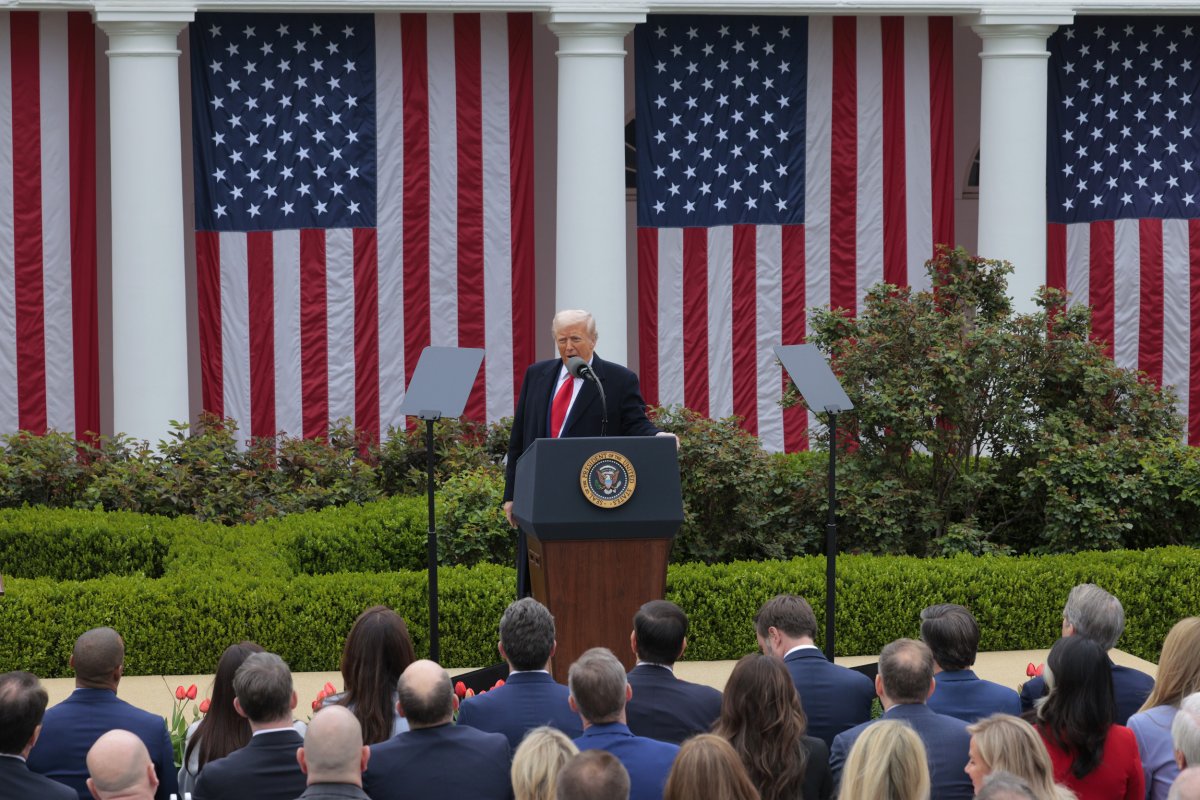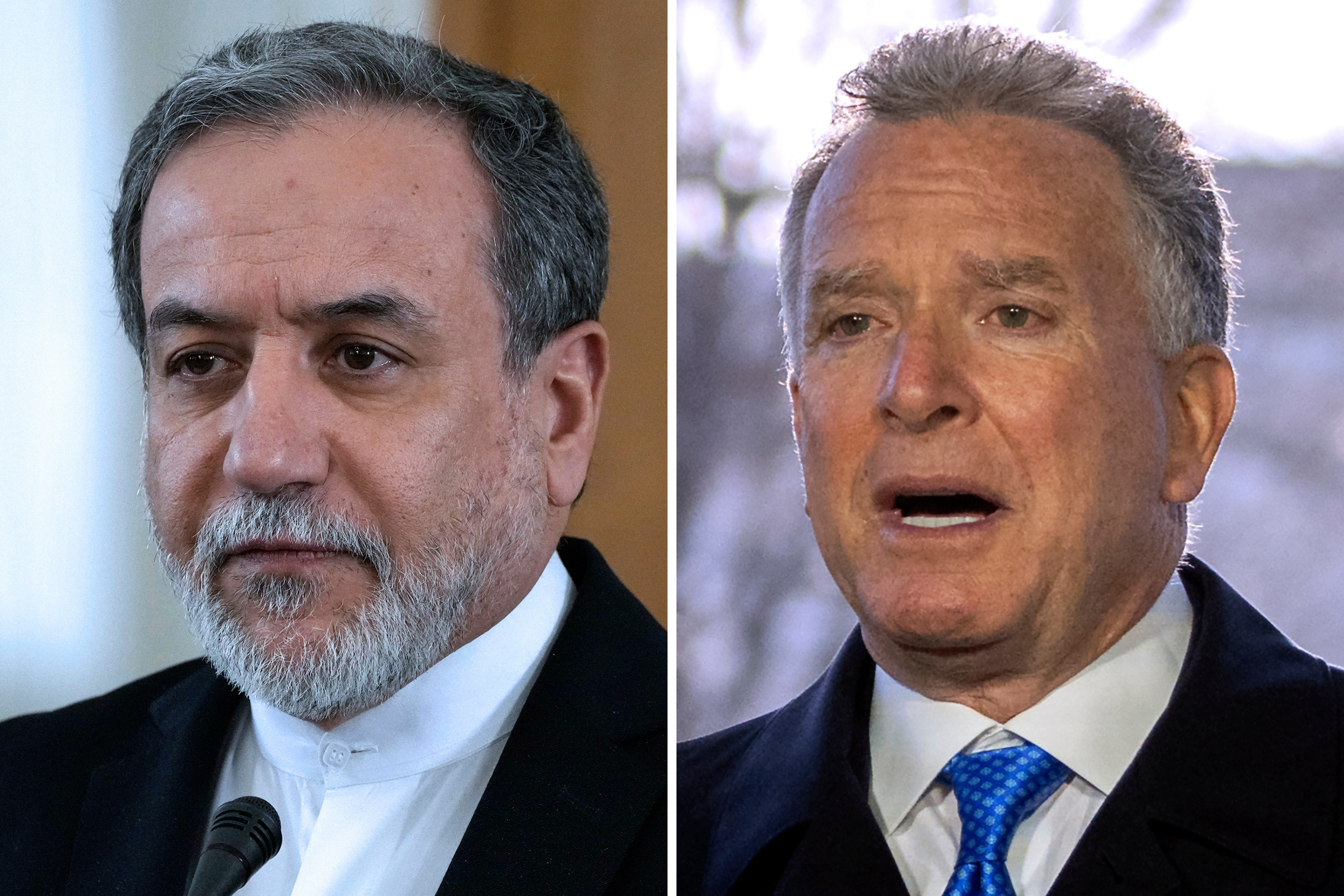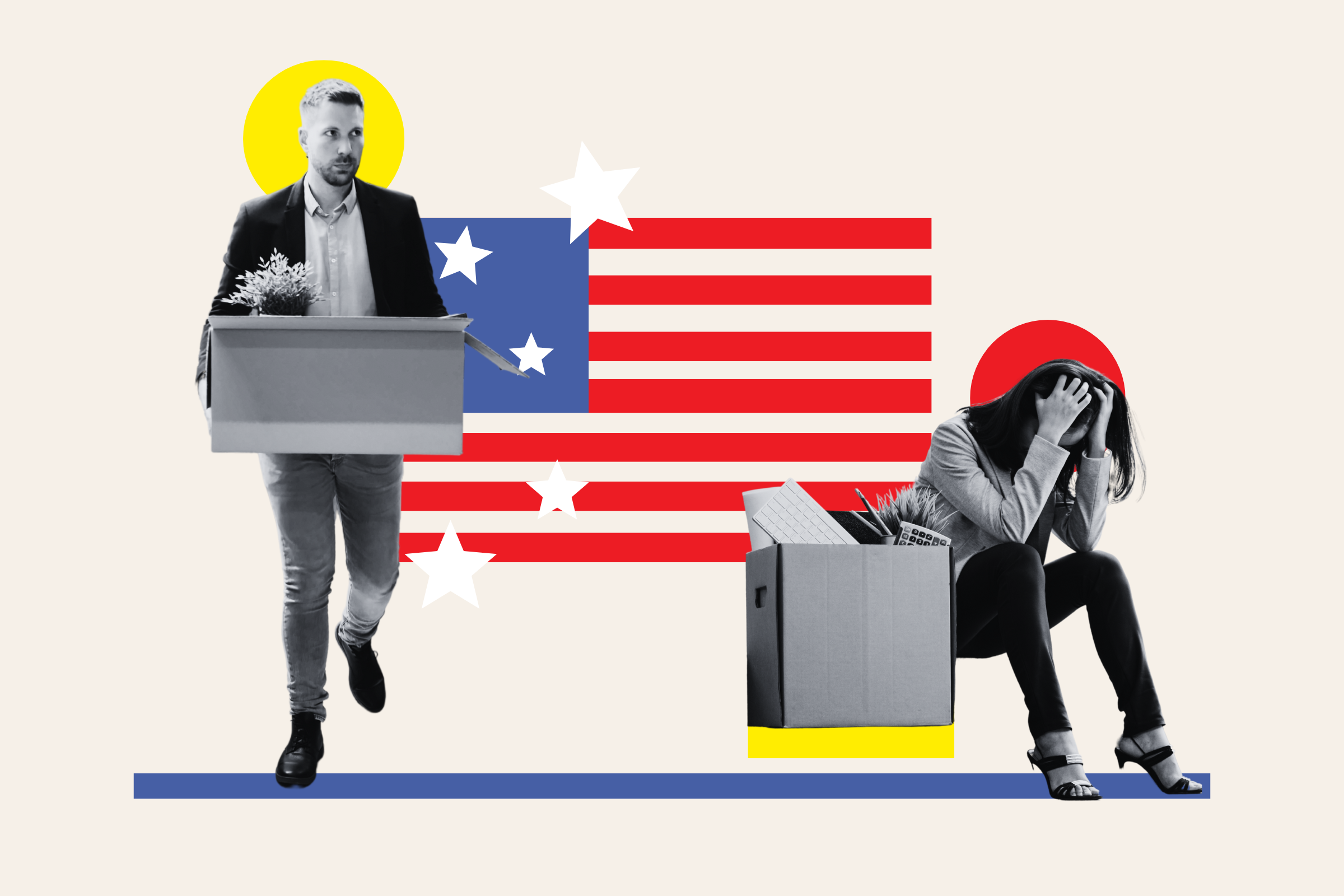🎙️ Voice is AI-generated. Inconsistencies may occur.
President Donald Trump's 2024 campaign pledge to fix the economy and lower prices helped him win back the White House.
But just two months into his second term, Trump has turned a winning issue into a liability with trade policies that have rattled the stock market and raised concerns among consumers about rising costs and stubborn inflation.
The sweeping new "discounted reciprocal" tariffs that Trump announced from a pomp-filled Rose Garden ceremony Wednesday, which include a 34 percent tariff on imports from China among others, threatened to escalate trade wars, spark a recession and further erode the public's dwindling confidence in Trump's handling of the economy, analysts and pollsters who spoke to Newsweek said.

"The bulk of tariffs are borne by American consumers in the form of higher prices," said Mark Zandi, the chief economist at Moody's Analytics. The U.S. economy will suffer if Trump follows through on the new tariffs and other countries retaliate by imposing steeper tariffs on American goods, Zandi added.
"A combination of the tariffs and the retaliation will weigh heavily on the economy and in many scenarios may push us into a recession," Zandi said.
In a circuitous speech from the White House grounds before signing the new tariffs into effect, Trump said the policy would end decades of unfair trade practices and unleash a new era of "economic independence."
"Our country and its taxpayers have been ripped off for more than 50 years but it's not going to happen any more," Trump said.
Under the new plan, the U.S. will impose a 34 percent reciprocal tariff on imports from China, 20 percent on the European Union, 25 percent on South Korea and 26 percent on India, among other countries. As part of the program, the U.S. is also imposing a "minimum baseline tariff of 10 percent" on imported goods, Trump said.
Trump also said a previously announced plan to impose a 25 percent tariff on auto imports will take effect at midnight on Wednesday.
Holding a chart listing the numbers, the president said he could have imposed "full reciprocal" tariffs" but chose to charge other countries "approximately half" of their tariffs on U.S. exports. It was not immediately clear what the calculations shown on the chart were based on, and many of the tariff levels listed appeared to come out of the blue. The White House had not briefed the media on the specifics of Wednesday's announcement in advance.
The new tariffs will raise "trillions and trillions of dollars to reduce our taxes and pay down our national debt, and it'll all happen very quickly," Trump said.
But Trump's predictions are unlikely to pan out, economists, trade experts and other analysts countered. Public polls also show most Americans disapprove of Trump's tariffs and are concerned they might lead to higher prices across the board.

Among American adults, 58 percent said they believe tariffs hurt the U.S. economy, according to a Marquette Law School Poll released Wednesday ahead of the Rose Garden announcement. The survey also found that roughly six in ten adults think Trump's policies will cause a spike in inflation.
Other national polls show similar public disapproval of Trump's tariffs, including a recent CNN/SSRS survey that found 61 percent of Americans don't support the president's handling of tariffs.
"Throughout the fall campaign, Trump stressed how much he'd be able to lower prices and reduce inflation. Voters ranked that as their most important priority and gave him a lot of support because of it," said Charles Franklin, the director of the Marquette Law School Poll.
But recent polls show "people have become more and more skeptical that he'll be able to deliver."
Trump may choose to use the reciprocal tariffs he announced Wednesday as a starting point to negotiate with trading partners, as he has hinted at in the past. In recent weeks Trump has reached deals with Mexico and Canada to postpone some proposed tariffs and also offered temporary exemptions for industries that have requested a reprieve.
The economic impacts of Trump's tariffs could also be mitigated if other countries choose not to retaliate aggressively, some analysts said.

In the European Union there is "reticence among a number of member states about implementing any response at all, and being dragged into an escalating trade war," Nico FitzRoy, a senior Europe analyst at Signum Global Advisors, wrote to Newsweek in an email.
Trump said Wednesday the U.S. could potentially drop its tariffs on other countries if they take steps such as ending their own tariffs, and "start buying tens of billions of dollars of American goods."
Still, the president gave no indication of backing down from his broader protectionist trade agenda, despite warning signs that it's hurting his approval numbers and may damage the Republican Party in the process.
"He's a believer for whatever reason of the power of tariffs, in the face of overwhelming evidence to the contrary," said Colin Grabow, a trade expert at the Cato Institute, a libertarian think tank in Washington.
"It's a complete own goal."
fairness meter
About the writer
Daniel Bush is a Newsweek White House correspondent based in Washington, D.C. His focus is reporting on national politics and ... Read more




